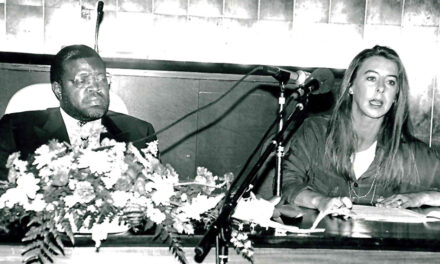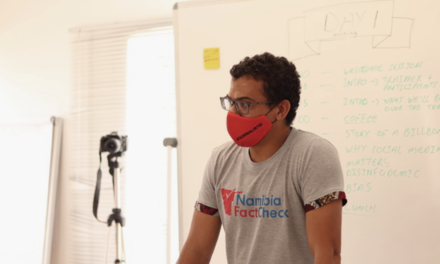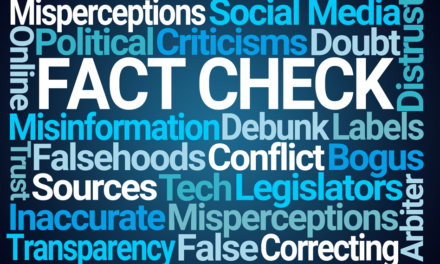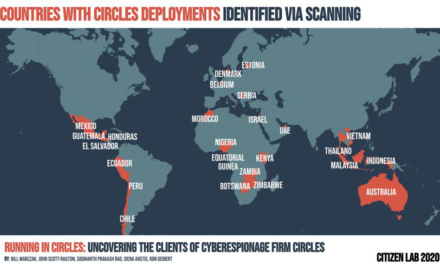
IFEX Africa Brief (June): A king in hiding while eSwatini burns, Rwandan journalist abducted in Mozambique, and flags at half-mast for KK
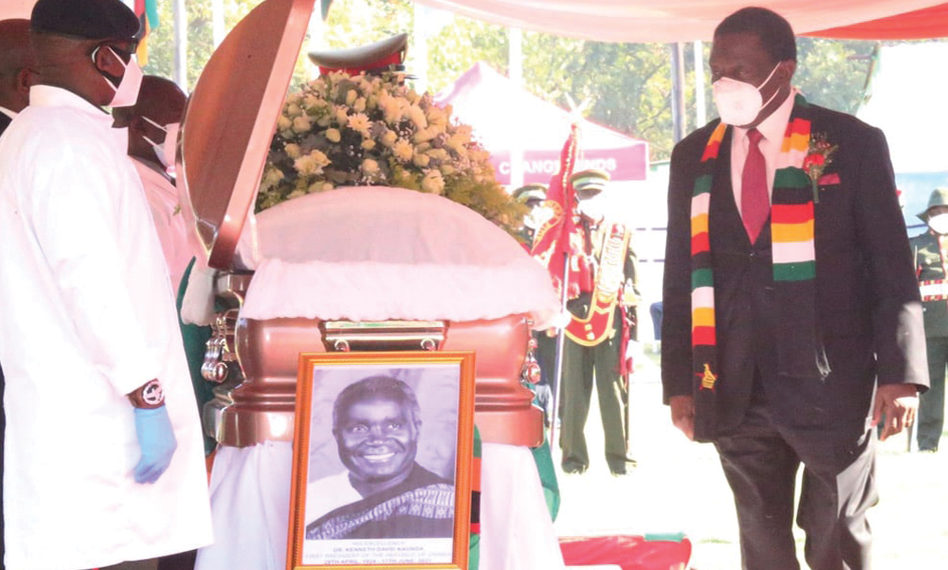
JUNE 2021 IN AFRICA: A free expression round up produced by IFEX’s Regional Editor Reyhana Masters, based on IFEX member reports and news from the region.
Behind the eSwatini protests
The protests and violence rocking the kingdom of eSwatini reflect the years of frustration and pent-up anger of citizens, weary of King Mswati III and his government’s total disregard for their concerns. The government’s disproportionate clampdown – under the shadow of an internet shutdown – with dozens killed and many others tortured, detained, or abducted, as reported by Amnesty International, is par for the course. As is the non-appearance of the King.
Intermittent protests have taken place in recent years, but they gained momentum in May of this year when the body of law student Thabani Nkomonye was discovered in a field outside the capital, Manzini. Despite claims that he may have died in a car crash, eSwatini youth believe he was the victim of police brutality. What started out as youth taking to the streets and demanding answers under the hashtag #JusticeForThabani transformed into broader demands for reform. With all powers vested in the monarchy under eSwatini law and custom, King Mswati holds supreme executive power, with control over the judiciary and parliament.
This political tension escalated when King Mswati III issued a decree, through acting prime Minister Themba Masuku, banning all protests and delivery of petitions by citizens to their local MPs – part of the tinkhundla system – thereby closing off one of the few outlets for critical voices.
Over the years, the media have been greatly affected by the tight grip on freedom of expression. Journalists have been arbitrarily arrested, assaulted and threatened, with a few forced into self-imposed exile, fearing for their lives. On 6 July, the chair of the regional governing council of the Media Institute of Southern Africa (MISA) wrote to King Mswati III expressing concern at “the excessively inhumane and largely unreasonable responses by Eswatini security forces in dealing with media workers.”
While King Mswati’s lavish lifestyle choices have always been a bone of contention, his flagrant spending sparked protests as far back as 2019, as they came against the backdrop of a stagnant economy, financial hardships, increasing poverty and a lack of employment opportunities. While these protests zeroed in on sectoral issues, they marked the beginning of a deeper shift in public support away from the country’s absolute monarch and the traditional tinkhundla system of governance. Citizens are keen on a system where the monarchy will be less directly involved in the economy.
The stifling of dissent in this tiny kingdom has been produced through a combination of forces – arbitrary arrests, detention or torture and repressive laws that are used to jail political opponents, activists, critics, and journalists alike.
Leading Swazi human rights lawyer Thulani Maseko challenged the constitutionality of sections of the Suppression of Terrorism Act in 2008. This same law was used to imprison Maseko for comments he made during a May Day event. Other pieces of legislation include the Public Order Act, which was amended and now allows for the prosecution of critics, grants sweeping powers to the police commissioner to arbitrarily stop pro-democracy meetings or protests, and crushes any criticism of the government. Then there is the Sedition and Subversive Activities Act, which restricts freedom of expression by criminalizing ‘seditious publications and use of alleged seditious words’ that could provoke dislike against the king.
Neither the legal obstacles nor a brutal clampdown by authorities has deterred the protests sweeping the country – a clear indication of the extent of citizens’ desire for change.
Flags at half mast for Kenneth Kaunda
South Africa, Botswana, Malawi, Namibia, Tanzania, and Zimbabwe all flew their flags at half-mast and announced days of national mourning following the death of Kenneth Kaunda, the founding president of Zambia. Current President Edgar Lungu announced that Zambia would hold 21 days of national mourning.
The homage being paid to KK, as the elderly statesmen was fondly known, focused primarily on his Pan-Africanism and his support of the liberation struggles of countries in the region. Soft-spoken and gently persuasive, KK – who was known for always carrying a white handkerchief in his hand – was hailed as the champion of African nationalism for spearheading the fight to end white minority rule across southern Africa.
Impunity a major threat to Nigerian media sector
Condemning the killing of radio personality Titus Badejo on 19 June, the programme director of Media Rights Agenda (MRA) Ayode Longe said: “we cannot accept as normal the fact that the Government is failing in its constitutional responsibility and international treaty obligations to ensure the safety and security of citizens, especially journalists.”
The popular Naija FM radio personality, better known as Eja Nla (which translates as “Big Fish”, in Yoruba), had just finished his music set at a local club in Oyo State and was on his way home when he was shot multiple times by two masked gunmen on a motorbike. With all the marks of a targeted attack, the armed assailants showed no interest in phones, cash or equipment – instead they ordered the passengers in the car to lie down, shot Badejo, and sped off.
As ARTICLE 19 points out: “The killing of journalists reinforces the climate of fear and has a chilling effect on freedom of expression in the country.” It is a point that was reiterated during the launch of a report on press freedom violations over the last five years, violations which range from threats and harassment to arbitrary arrests, detentions and assaults.
Launched at the end of June by the Nigeria Union of Journalists (NUJ) in conjunction with the Media Foundation for West Africa (MFWA), The State of Media Freedom in Nigeria highlights how the “last six years have been extremely repressive for the media in Nigeria as impunity reached a new high under President Muhammadu Buhari.”
Nigeria’s slide down the slippery road of repression , which has taken the form of constricting civic space and curbing media freedom and freedom of expression online, came to a head with a ban on Twitter. Ironically announced on the very platform that it subsequently prohibited, the Federal government’s ban was in retaliation to Twitter’s deletion of a post in which President Buhari threatened to “deal with” members of a secessionist movement in southeast Nigeria. Facebook followed suit two days later , deleting the “controversial civil war” post from President Buhari’s page for violating its Community Standards against inciting violence.
Apart from highlighting President Buhari’s tantrum, the Twitter ban seems to offer a way of stifling debate on numerous issues that the Nigerian government would prefer not to contend with – national insecurity, a weakening currency, growing unemployment, and restless youth. As Global Citizen points out: “While only a minority of Nigerians use Twitter, they form part of the most vocal and politically active segment of the population.”
The Twitter ban is the latest in a series of government actions clamping down on media freedom. In addition to the sanctioning of broadcasters by the National Broadcasting Commission over their coverage of certain issues such as protests, ruling party lawmakers are proposing amendments to the Nigerian Press Council Act which will see increased government influence over the autonomous body.
During a public hearing on the proposed changes to the law, four media rights groups – International Press Centre (IPC), Media Rights Agenda (MRA), the Centre for Media Law and Advocacy (CMLA), and the Premium Times Centre for Investigative Journalism (PTCIJ) – presented a joint memorandum objecting to the amendments. The group says the law will reduce the Nigerian Press Council to a department of the federal government. It also raised concerns about the council’s increased powers to unconstitutionally regulate the media and place stiffer penalties on media practitioners, if amendments are passed as-is.
Rwandan journalist abducted in Mozambique
Cassien Ntamuhanga was abducted from his home on Inhaca Island by men claiming to be Mozambican police officers. Ntamuhanga, who worked as a radio journalist in Rwanda, had escaped from prison in 2018 and sought asylum in Mozambique.
“Ntamuhanga was convicted in Rwanda after a highly politicized trial, alongside the singer and activist Kizito Mihigo, in February 2015. He escaped from prison in November 2017 and fled to Mozambique. Mihigo was pardoned in 2018 but re-arrested while trying to flee the country in February 2020, and died in police custody in suspicious circumstances four days later,” reports Human Rights Watch.
Ntamuhanga’s disappearance was raised by the Association of Rwandan Refugees in Mozambique in a note sent to the United Nations High Commissioner for Refugees (UNHCR), in Maputo.
It took place after a meeting between Mozambique’s President Felipe Nyusi and Rwanda’s President Paul Kagame. While Rwanda has developed a reputation for going after political activists beyond its borders, with deadly consequences, these incidents have not typically involved the collusion of other countries’ authorities. A theory is that, in this case, the actions could be linked to Mozambique trying to secure Rwanda’s support against the Cabo Delgado insurgency.
Kenyan blogger faces up to 5 years in prison in Qatar
Malcolm Bidali – a labour rights defender and blogger from Kenya – was released on 2 June from a Qatari prison after being charged with “offences related to payments received by a foreign agent for the creation and distribution of disinformation within the State of Qatar”.
In his contribution to Migrant Rights, under the pseudonym Noah, the Kenyan migrant worker regularly wrote about living and working in Qatar. His insights and reports on working conditions in Qatar focused on the violation of the rights of migrant workers. During a presentation to civil society organisations on violations of workers’ rights, his identity was compromised when he clicked on a suspicious internet link, potentially exposing him to hacking software. He was taken from his apartment a week later, on 4 May.
The Qatari authorities only confirmed they had arrested Bidali on 12 May, but refused to say where he was being held, or why. During his incarceration, Bidali was placed in solitary confinement, denied access to a lawyer or to his family, and threatened by police officers. Although he was released after a month in prison, the charges have not been dropped. If convicted, he faces up to five years in jail.
In brief
Towards the end of June, Gambia’s parliament passed the Access to Information Bill – a long-awaited decision that was welcomed by the Gambia Press Union (GPU) and the Civil Society Coalition on Access to Information.
The Media Institute of Southern Africa (MISA) Regional Head office has relocated to Zimbabwe, following the election of a new governing council. Golden Maungaidze takes over the helm as chairperson, while director Tabani Moyo will oversee the running of the regional body’s secretariat.
PHOTO: Zimbabwean President Emmerson Mnangagwa pays his last respects to the late former Zambian President Kenneth Kaunda during his state memorial service in Lusaka, Zambia, on July 2, 2021.
*Article courtesy of IFEX, the International Freedom of Expression Xchange





